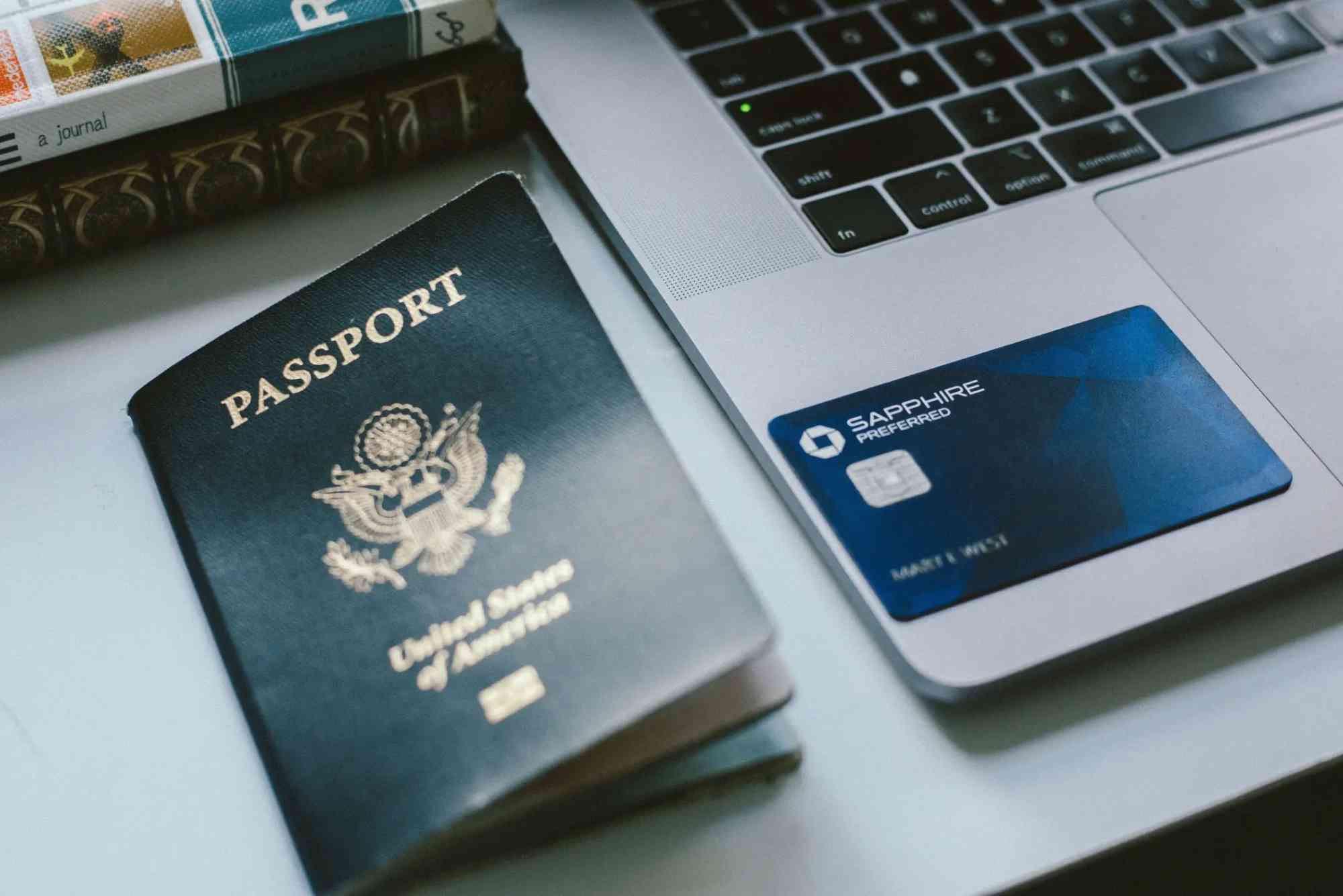Whether you’re a business owner, investor, or consumer, you may find yourself in a situation where you need to take legal action against a company in Dubai. This could be due to breach of contract, unpaid invoices, defective products, or professional negligence.
The good news is that Dubai provides a well-regulated legal framework that protects individuals and businesses and allows them to file lawsuits when their rights have been violated. But before initiating legal proceedings, it’s important to understand how the process works, what challenges you might face, and how to improve your chances of a successful outcome.
In this article, we explain how to file a lawsuit against a company in Dubai and what steps to take to ensure your case is handled properly.
- Legal Grounds for Filing a Lawsuit
Before filing a case, it’s crucial to confirm that you have legal grounds to do so. You can typically sue a company in Dubai for the following reasons:
- Breach of Contract: The most common cause for litigation, such as failure to deliver goods or services, violating terms of a commercial agreement, or not honoring a payment schedule.
- Commercial Disputes: Issues between shareholders, business partners, or service providers.
- Employment Disputes: Wrongful termination, non-payment of salaries, or contractual violations.
- Consumer Protection Issues: Selling defective goods, providing false information, or engaging in fraudulent practices.
- Tort Claims: Cases involving professional negligence or causing financial or reputational harm.
Each of these categories has its own specific procedures, documentation requirements, and jurisdiction.
- Where to File Your Case: Jurisdiction Matters
Dubai has a dual court system:
- Dubai Courts (Civil Law): These are the main courts for most civil, commercial, criminal, family, and labor matters.
- DIFC Courts (Common Law): These are English-language courts that operate independently within the Dubai International Financial Centre. They often handle international commercial disputes.
The correct court depends on:
- The location of the company
- The nature of the dispute
- The terms of any agreement or contract between the parties
For example, if the contract specifies DIFC Courts as the dispute resolution forum, you must file there—even if the company operates outside the DIFC zone.
- Pre-Litigation Steps
Before filing a lawsuit, it’s generally recommended (and sometimes required) to attempt amicable resolution. This can include:
- Sending a Legal Notice: A formal letter outlining your complaint and providing the company with an opportunity to settle the matter before going to court.
- Mediation or Arbitration: In many commercial contracts, parties agree to resolve disputes through arbitration instead of litigation. Dubai is home to well-regarded arbitration centers like DIAC (Dubai International Arbitration Centre).
- Government Mediation (for Labor or Consumer Disputes): Labor complaints must first go through the Ministry of Human Resources and Emiratisation (MOHRE), and consumer complaints can go through Dubai Economy.
Many disputes are resolved at this stage, avoiding the cost and time of formal litigation.
- How to File a Lawsuit
If informal efforts don’t work, here’s how to file a case:
Step 1: Engage a Legal Representative
Foreign nationals and most corporate entities are required to have legal representation in court. Dubai lawyers licensed to practice in the relevant courts will handle drafting your case, submitting evidence, and representing you in hearings.
Step 2: File the Case with the Court
Your lawyer will prepare a Statement of Claim (detailing your grievance and compensation sought) and submit it along with supporting documents and court fees.
Step 3: Notification to the Defendant
The court officially notifies the company being sued. They are given a chance to respond.
Step 4: Court Hearings Begin
Once both sides have presented their arguments and evidence, the court may issue a judgment. This could take several weeks to months depending on the complexity of the case and whether appeals are filed.
- What Can You Expect in Terms of Time and Cost?
Legal timelines in Dubai depend on the type of case:
- Simple Civil Cases: 3–6 months
- Commercial Disputes: 6–12 months
- With Appeals: Add another 3–6 months
As for legal costs, court fees are typically calculated as a percentage of the claim amount (often capped at a maximum). Attorney fees depend on the complexity of the case and the experience of your legal team.
Hiring knowledgeable Dubai lawyers can make the difference between a quick resolution and a drawn-out legal battle.
- Enforcement of Judgments
Winning a case is only the beginning—enforcing the court’s judgment is crucial.
If the company does not voluntarily comply with the court order, the court may:
- Seize company assets or bank accounts
- Place travel bans on responsible individuals
- Suspend trade licenses or operations
For international companies or those located outside Dubai, enforcement depends on international cooperation treaties and reciprocal enforcement arrangements. In such cases, it is critical to have a lawyer who understands cross-border legal enforcement.
- What About Filing a Lawsuit from Outside the UAE?
If you’re overseas and need to sue a company in Dubai, you can still proceed through:
- A local lawyer who can act on your behalf via power of attorney
- Online filings for certain types of cases (Dubai Courts have digital portals for filings and case updates)
- Remote hearings that are increasingly common post-COVID
Keep in mind, all documents not originally in Arabic must be legally translated and attested.
- Tips for a Stronger Case
- Collect all relevant documents: Contracts, emails, invoices, and payment records are essential.
- Act promptly: Delays in filing a case could affect your legal rights or statute of limitations.
- Understand the legal risks: Not every lawsuit ends in victory. Be realistic and strategic with legal advice.
- Stay professional: Avoid public accusations, social media posts, or anything that could be seen as defamation.
Conclusion
Yes, you can sue a company in Dubai, and the legal system offers structured pathways for doing so. However, success depends on a clear understanding of the jurisdiction, proper documentation, and the legal strategy you employ.
By working with experienced Dubai lawyers, you can ensure your case is filed correctly, handled professionally, and resolved efficiently—whether you’re dealing with a local company or an international firm operating in the UAE.
Always seek proper legal advice before taking action. It not only increases your chances of success but also protects you from unnecessary legal exposure.
NOTE:



